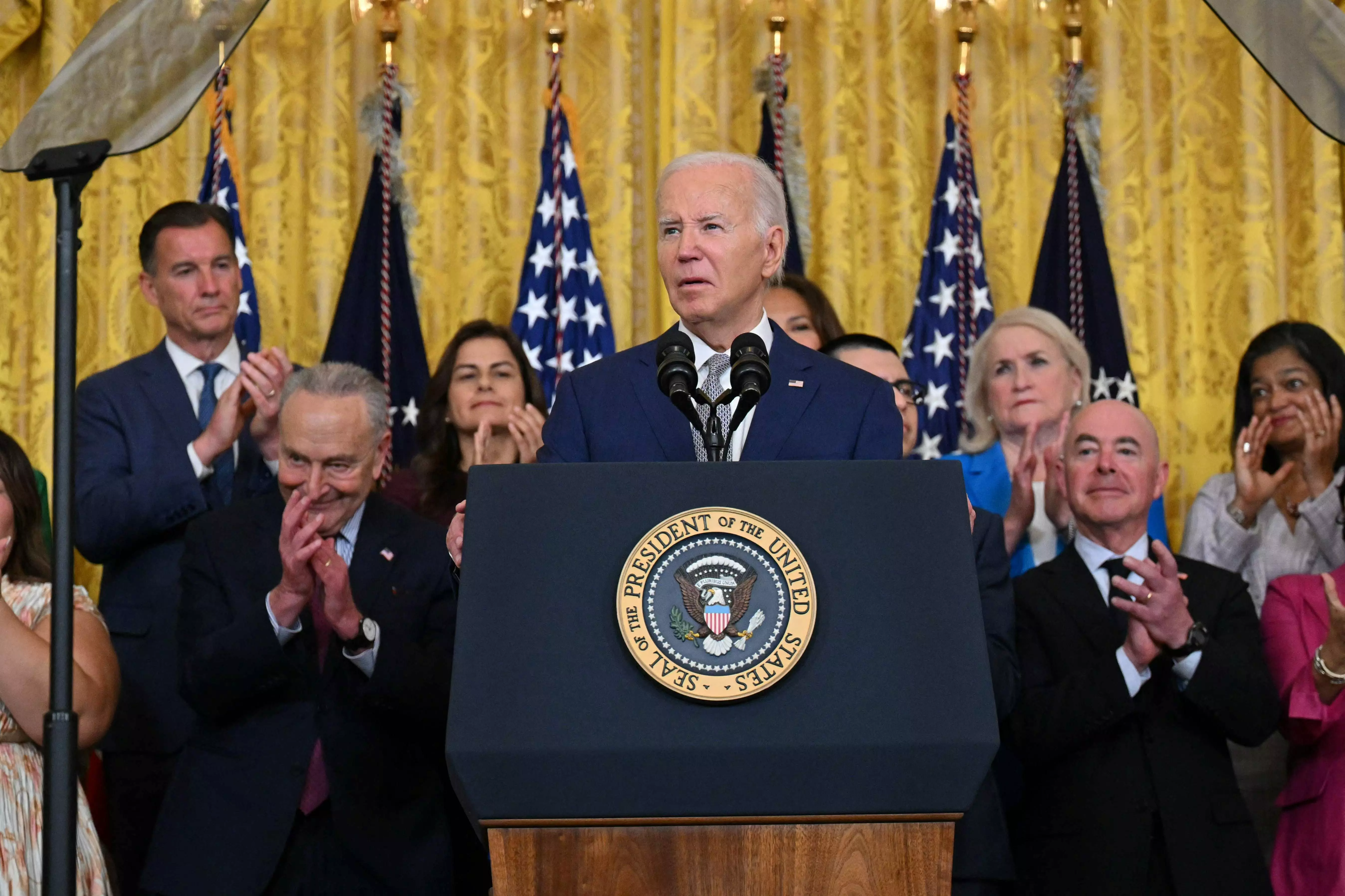AA Edit | Biden call signals India’s balancing act on Ukraine has worked

India had addressed a leading question of its balanced neutrality in world affairs with the visit of Narendra Modi to Ukraine last week. Its equalising act was lent some meaning as India has always stressed that peace is best promoted through dialogue and diplomacy.
As India is acceptable to both sides in a war in which aggression and invasion are not limited to one country now in the combat after Ukraine’s counterattack in taking a substantial piece of Russia’s Kursk province, the visit was considered significant enough for the US President Joe Biden to get on the phone and speak to Mr Modi about it.
Only time will tell what effect Mr Modi’s peacemaker role will have on the ongoing conflict that has escalated further with Russia’s latest multiple bombing all over Ukraine. The point is India would like to broker peace, irrespective of what other reasons may have been there for PM Modi to undertake 20 hours of train rides from and to Poland to address the deficit in a bilateral context with Ukraine.
The visit was bound to set off some ripples which originated in Volodymyr Zelenskyy’s criticism of India buying Russian oil and empowering it in the face of Western sanctions. Such a stand is not reasonable, perhaps even hypocritical, as many of Ukraine’s Western allies who send it arms have also bought billions of dollars of Russian gas in the form of LNG with France, Spain and Belgium being the biggest customers importing nearly 90 per cent of their national gas requirements.
What comes out of the Biden-Modi conversation covering Ukraine and, according to Mr Modi, the Bangladesh situation, is that the US still considers India an important economic and strategic ally, which is why any differences between the two leaders over the Ukraine war has been played down after Mr Biden had initially said that India’s stand on the war was “somewhat shaky.” Mr Biden’s commendation of Mr Modi’s visit to Ukraine as well as Poland was announced.
The strategic tie-up in Quad may not have taken off to the extent India may have once thought possible and yet it will be hoping that Mr Biden, who gave up a possible visit to India’s Republic Day in 2024, would be here for the Quad meeting in winter that would, however, be close to his last day in office, which will be in January 2025.
It is, however, curious that the US, which makes much of equitable treatment of minorities in any country, did not find it significant enough to mention in its statement on the Biden-Modi phone call that the crisis of democracy in Bangladesh and the safety of the Hindus there, besides members of other minorities, had been discussed.
A facet of India’s ties with the US has been that the long-term American view of having an important economic and strategic partner in South Asia has held despite periodical tensions, like with the attempted murder, purportedly by Indian agents, of a Canadian-US dual citizen on American soil. That has not changed, and it may not regardless of India prioritising the territorial integrity of Ukraine and whether or not the withdrawal of Russian troops from there works out in the short term.

